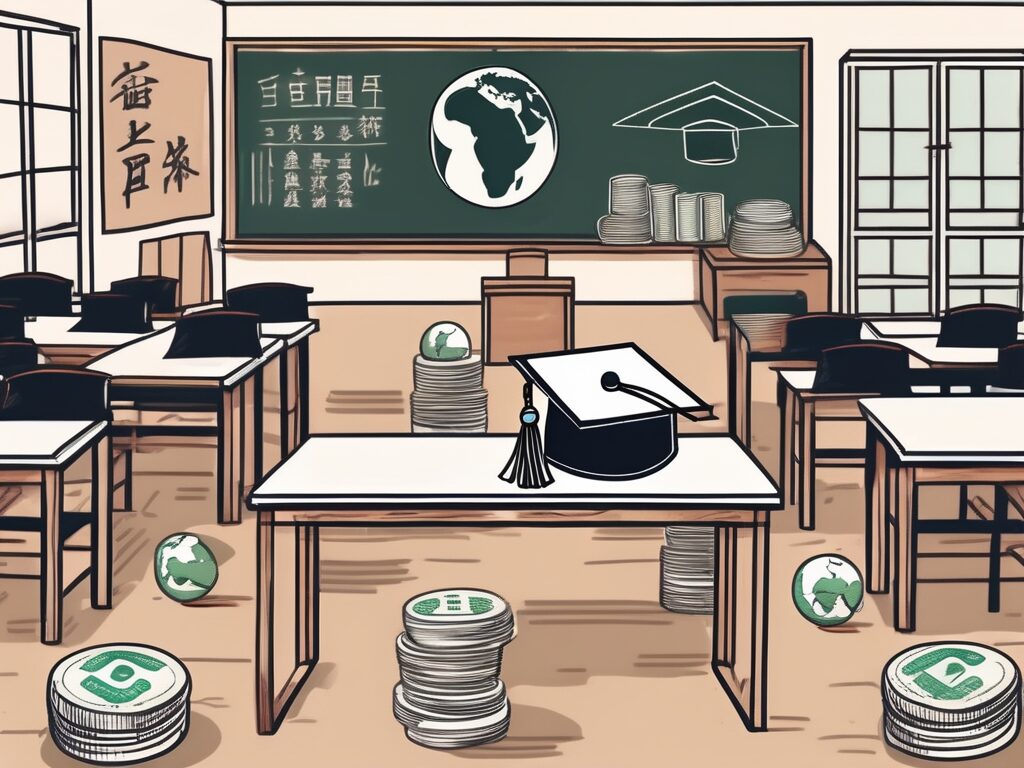Do You Need Money to Be an Exchange Student?
Becoming an exchange student is a dream for many aspiring international educators. It offers a unique opportunity to immerse oneself in a new culture, gain valuable teaching experience, and build a global network. However, one common question arises: Do you need money to be an exchange student? In this article, we will explore the financial aspects of becoming an exchange student and provide insights into how you can make this dream a reality.
Why Is It Important for Aspiring International Teachers?
Participating in an exchange program can significantly enhance your career prospects as an international teacher. According to recent job market trends, educators with international experience are more likely to secure positions in prestigious schools worldwide. This experience not only enriches your teaching skills but also broadens your cultural understanding, making you a more versatile educator.
Key Skills or Qualifications Required
To become an exchange student, certain skills and qualifications are essential. These include:
- Proficiency in the host country’s language or a willingness to learn
- Strong communication and interpersonal skills
- Adaptability and cultural sensitivity
- Relevant teaching certifications or experience
Steps to Get Started
Embarking on the journey to become an exchange student involves several steps:
- Research exchange programs and their financial requirements.
- Secure necessary teaching certifications and gain relevant experience.
- Apply for scholarships or financial aid to support your exchange program.
- Prepare for cultural and language immersion through training and resources.
Challenges and How to Overcome Them
While the prospect of becoming an exchange student is exciting, it comes with challenges such as financial constraints, cultural adjustments, and homesickness. To overcome these:
- Explore scholarship opportunities and financial aid options.
- Engage in cultural training and language courses before departure.
- Build a support network of fellow exchange students and local contacts.
Best Practices and Tips for Success
To make the most of your exchange experience, consider these best practices:
- Stay open-minded and embrace new experiences.
- Document your journey through a blog or journal.
- Network with local educators and participate in community events.
Success Stories or Case Studies
Many educators have successfully navigated the exchange student path and achieved remarkable career growth. For instance, Jane Doe, an exchange student in Japan, leveraged her experience to secure a teaching position at a top international school, highlighting the transformative power of such programs.
Conclusion
In conclusion, while financial considerations are important, they should not deter you from pursuing the enriching experience of becoming an exchange student. With the right planning, resources, and mindset, you can overcome financial barriers and embark on a rewarding international teaching journey.
Want to become a teacher in a Tier 1 international school? Join the course here.

